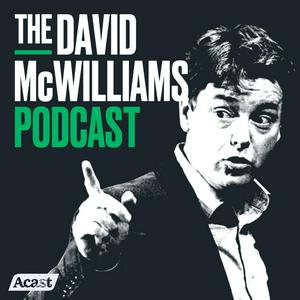This episode begins at the ancient seven-arch bridge in Killaloe, the crossing point where Clare, Tipp and Limerick collide, and jumps to Višegrad in eastern Bosnia, where Ivo Andrić’s The Bridge on the Drina uses one structure to tell a five-century story of tribes, trade, love, and conflict. Back in Ireland, the row over closing the old Killaloe bridge is about suburban sprawl swallowing once-separate towns and turning them into commuter satellites. Ireland has built a low-density model that forces people into cars, clogs villages with traffic, and makes the whole system fragile. Just 13% of Irish people live in apartments, compared to 46% across Europe, and the gap between where jobs and services are concentrated and where people actually live is now being paid for in time, congestion, and quality of life. So where do you look for a better model? Japan. We end in the Tokyo–Yokohama mega-region, 38 million people living densely, safely, and efficiently, and ask why Ireland keeps choosing a “rainbelt” version of American car sprawl, instead of building compact, mixed-use neighbourhoods that let people live near where they work, study and socialise. Hosted on Acast. See acast.com/privacy for more information.


